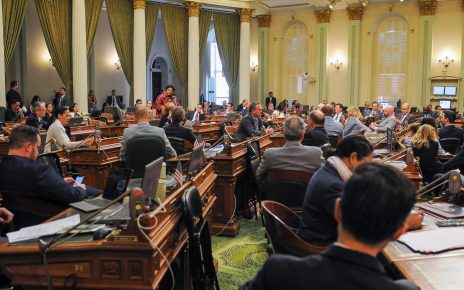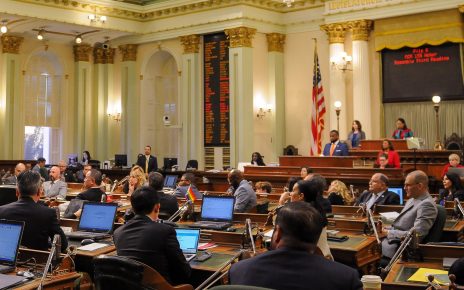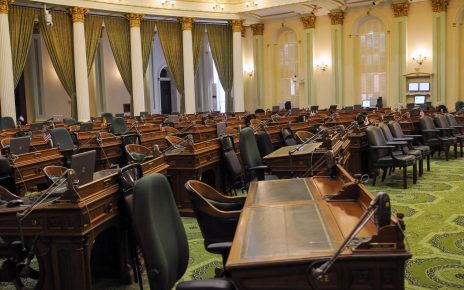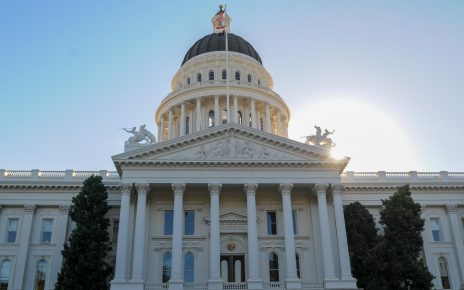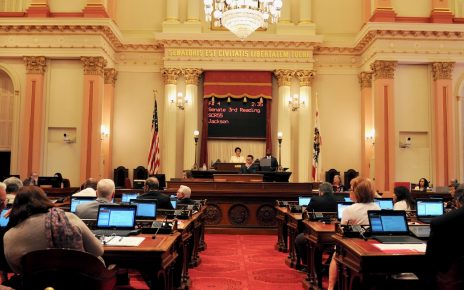Why Do Legislators “Move a Call”?
In committees and on the Floors of the California Legislature, after voting has occurred, but before the final vote is announced, the committee chair or presiding officer of a floor may be heard to say, “Assembly Member __ moves a...

